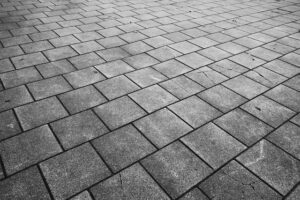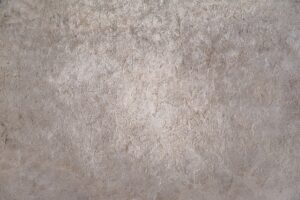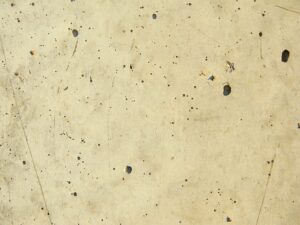Streamlined Construction with Insulated Concrete Forms: Benefits and Applications
Insulated Concrete Forms (ICFs) are a cutting-edge building solution that significantly enhances energy efficiency and sustainability in construction……..
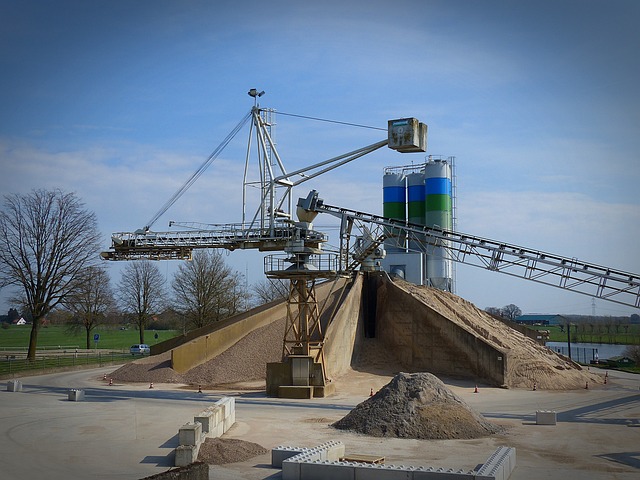
Insulated Concrete Forms (ICFs) are a cutting-edge building solution that significantly enhances energy efficiency and sustainability in construction. These modular systems consist of interlocking units that quickly assemble into strong walls for both residential and commercial buildings, accelerating the build process without sacrificing quality. ICFs provide exceptional thermal performance, maintaining comfortable indoor temperatures year-round, which leads to substantial energy savings. The integrated insulation also strengthens the walls, resisting thermal stress and reducing moisture ingress. Due to their eco-friendly nature, ICFs are a preferred choice for green building initiatives, offering long-term cost benefits and lower environmental footprints. They offer structural stability against natural disasters and require minimal maintenance over time. The construction industry widely acknowledges ICFs as a versatile, efficient, and durable option for high-performance and sustainable building projects.
Insulated Concrete Form (ICF) construction represents a significant advancement in building efficiency and speed. This innovative system, characterized by its high-performance insulation integrated into the structure itself, offers a robust alternative to traditional construction methods. In this comprehensive exploration, we delve into the transformative impact of modular ICFs on modern construction, highlighting their exceptional energy efficiency, resilience, and cost savings. From simplifying complex builds to enhancing structural integrity, ICFs stand as a testament to sustainable building practices. Join us as we navigate the various facets of ICF construction, from understanding their composition and benefits to examining their versatility across diverse building types. Whether you’re a seasoned contractor or a curious homeowner, this article will equip you with valuable insights into harnessing the full potential of Insulated Concrete Forms in your next project.
- Introduction to Modular Insulated Concrete Forms (ICFs)
- The Advantages of Using ICFs in Construction Projects
Introduction to Modular Insulated Concrete Forms (ICFs)
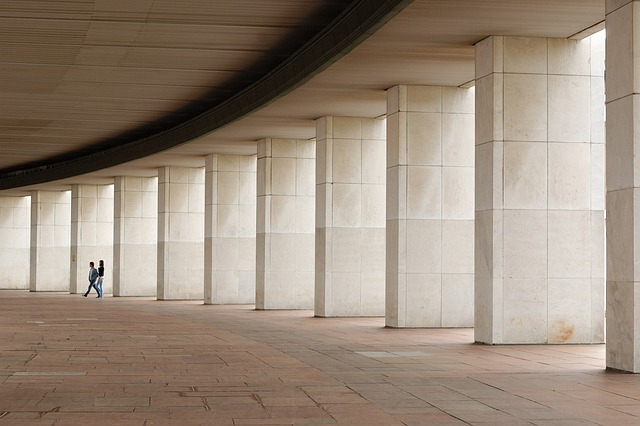
Modular Insulated Concrete Forms (ICFs) represent a significant advancement in construction technology, offering an efficient and sustainable building solution. These forms are engineered units that interlock to create structural walls for both residential and commercial structures. The modular nature of ICFs allows for rapid assembly on-site, reducing the overall project timeline while maintaining high-quality standards. The insulation properties of ICFs are a standout feature; they provide exceptional thermal resistance, contributing to energy efficiency and reduced heating and cooling costs over the building’s lifespan. This insulation is not just about comfort; it also enhances the structural integrity of the walls by reducing thermal stress and moisture intrusion. As a result, buildings constructed with ICFs are both durable and comfortable for occupants. The use of ICFs in construction is increasingly recognized as an environmentally friendly approach, as they utilize concrete, a highly sustainable building material. Additionally, the energy efficiency of ICF-constructed buildings contributes to a lower carbon footprint, making them an attractive option for those prioritizing green building practices and long-term cost savings.
The Advantages of Using ICFs in Construction Projects

Insulated Concrete Forms (ICFs) have revolutionized the construction industry by offering a highly efficient and sustainable building method. These innovative systems provide exceptional thermal performance, significantly reducing energy consumption for heating and cooling. The high-quality insulation embedded within the ICF walls ensures that buildings maintain consistent indoor temperatures year-round, leading to substantial savings on utility bills. Additionally, the interlocking concrete forms are designed to enhance structural integrity, offering resistance to natural disasters such as hurricanes, tornadoes, and earthquakes. The robust nature of ICFs also contributes to their longevity, minimizing maintenance costs over time.
The use of ICFs in construction projects also offers a considerable advantage in terms of speed and simplicity. Erected quickly and efficiently, these forms reduce the overall project timeline, allowing for faster occupancy and use. The precision-engineered nature of ICFs means that less on-site labor is required, which not only streamlines the building process but also lowers associated costs. Moreover, the versatility of ICFs allows them to be used in a variety of construction types, from residential homes to commercial structures. Their adaptability, combined with their thermal efficiency and durability, makes them an attractive option for builders and architects who prioritize both performance and sustainability in their projects.
Modular Insulated Concrete Forms (ICFs) stand out as a transformative solution in contemporary construction, offering unparalleled efficiency and durability. Their ability to expedite the building process, coupled with the benefits of improved thermal performance, positions ICFs as a prudent choice for those looking to invest in sustainable and resilient structures. The advantages highlighted throughout this discussion underscore the potential of ICFs to revolutionize construction practices, ensuring energy efficiency and faster project completion without compromising on quality or strength. As the industry continues to embrace these innovative forms, builders and homeowners alike can anticipate a future where constructing with modular ICFs becomes the norm, setting a new standard in construction excellence.
